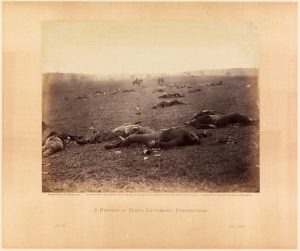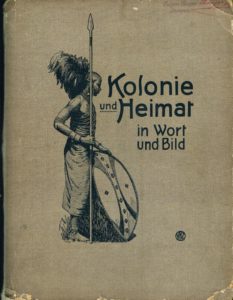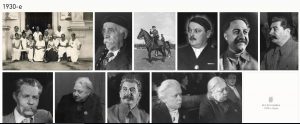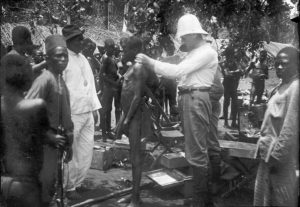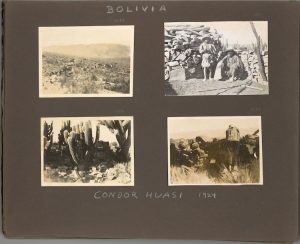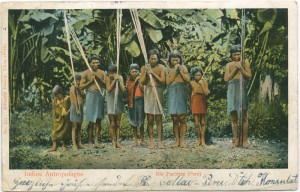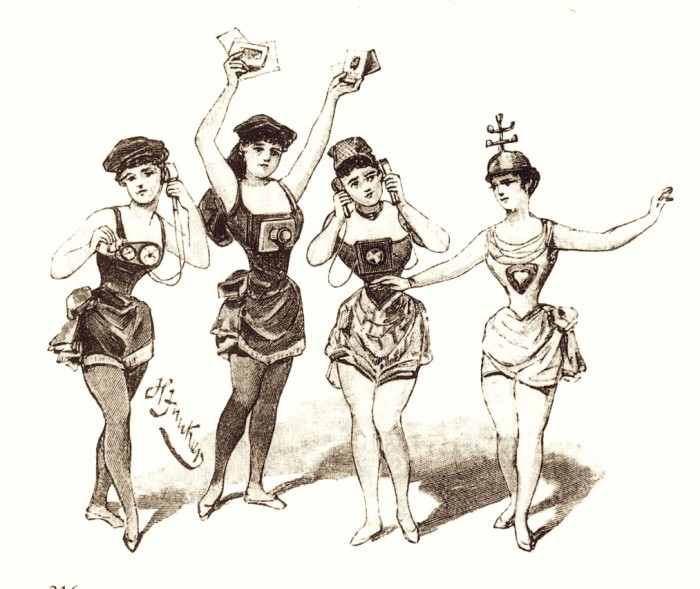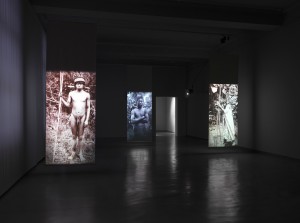Die Fotografie als scheinbar objektive Darstellungsform gewann im 19. Jahrhundert sowohl qualitativ als auch quantitativ rapide an Bedeutung. Dabei erschien das Medium auch als optimal, um Informationen über andere Kulturen und Völker zugänglich zu machen. Das Ethnologische Museum Berlin-Dahlem besitzt eine stattliche Sammlung entsprechender Aufnahmen von Forschungsreisenden aus zahlreichen Nachlässen, Ankäufen oder Schenkungen. Allein aus Lateinamerika befinden sich über 6000 Stück – entstanden zwischen 1868 und den 1930er-Jahren – in der Sammlung.
„Fotografien berühren“ lautet der Titel der aktuellen Ausstellung in Dahlem, die sich zum Ziel gesetzt hat, eben jene Fotografien aus Lateinamerika neu zu erschließen und dabei nicht die Forschungsreisenden oder Entdeckungen in den Fokus zu rücken, sondern die Abgebildeten.
Die Präsentation entstand in Kooperation des Ethnologischen Museums mit dem Museum für Asiatische Kunst in Berlin-Dahlem und ist Teil der dritten sogenannten Probebühne des Humboldt Lab. In Vorbereitung auf den Umzug der beiden Museen und ihrer Sammlungen in das im Bau befindliche Berliner Stadtschloss experimentieren Kuratoren und Gestalter mit neuen Ausstellungsformen, die vor allem neue Perspektiven auf die Sammlungen ermöglichen sollen.
[...]
Quelle: https://www.visual-history.de/2013/12/12/wenn-bilder-ploetzlich-laecheln/
